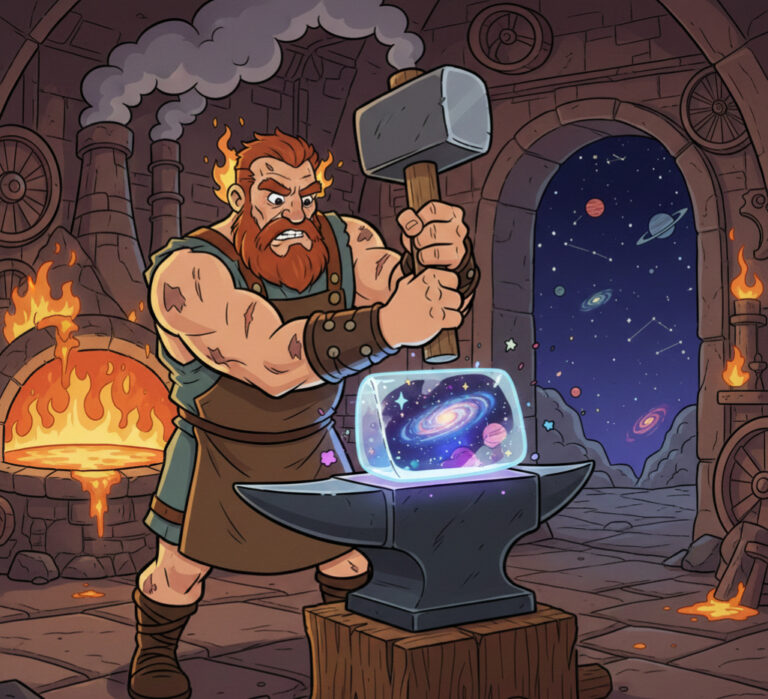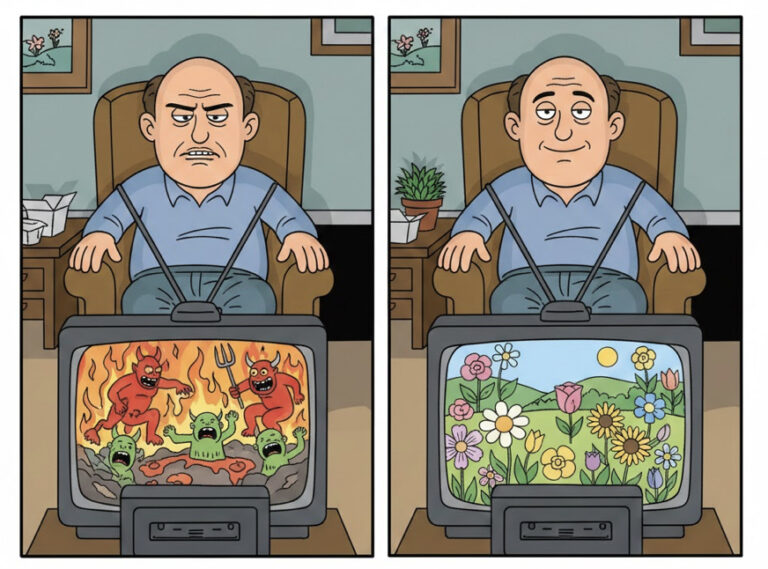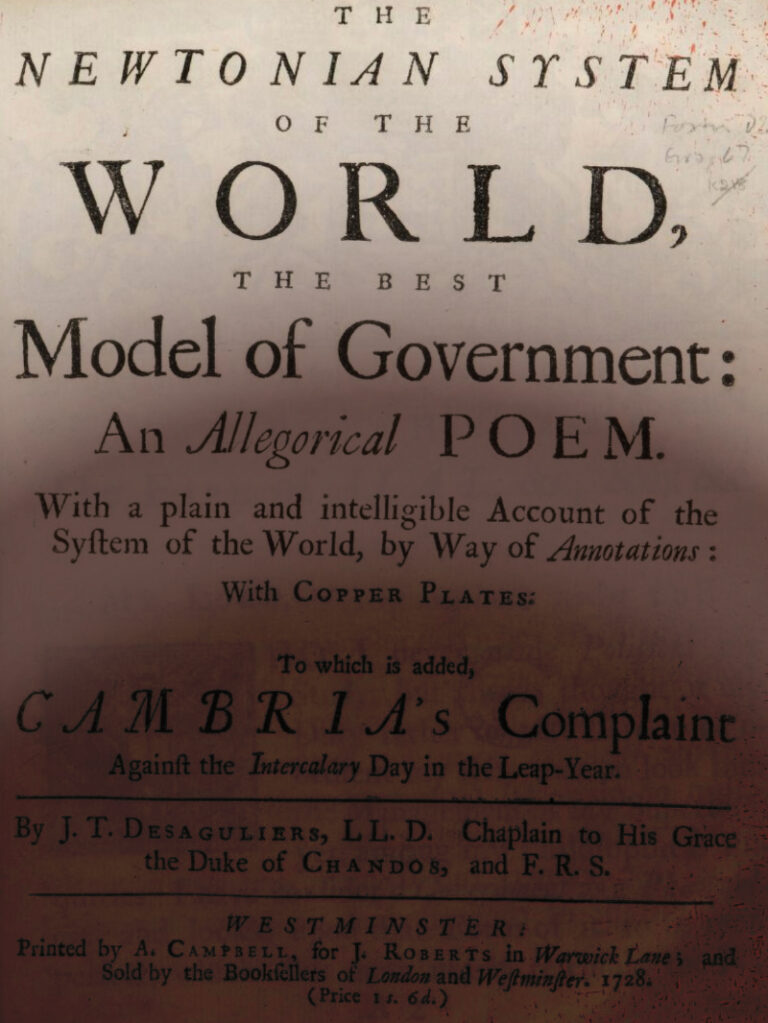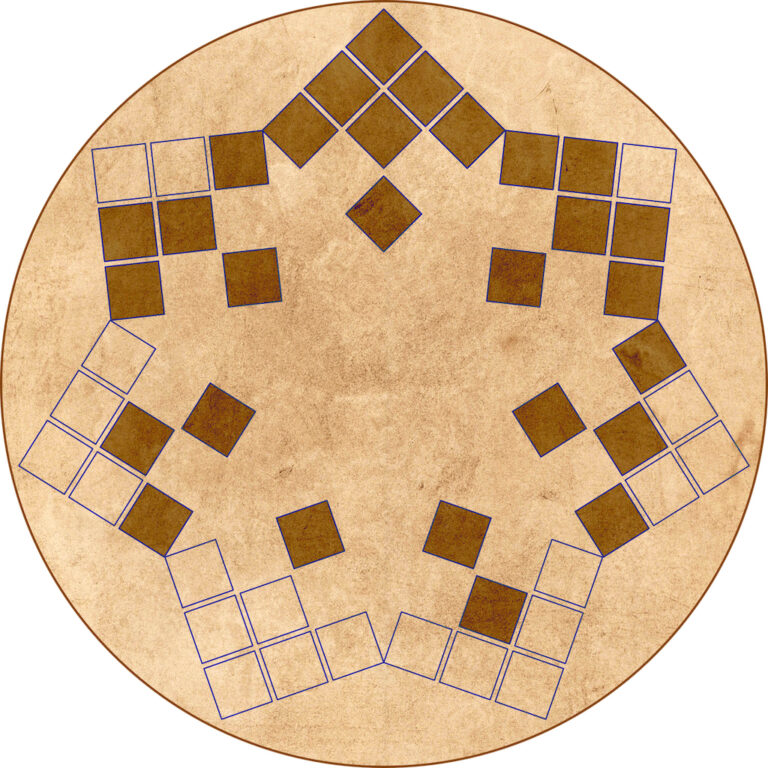The unprecedented abuse of power by the Justice Department against US citizens, institutions, and organizations needs correcting. And the sickening abuse of the president’s pardon power needs taming. Here’s the 28th Amendment:
All powers to investigate, indict, prosecute, and punish under the laws of the United States are vested in the Enforcement Branch of the government, except in the case of military tribunals. An Attorney General shall be elected every six years by a majority of the citizens of the United States, the District of Columbia, and territories, and is the executive authority for the Enforcement Branch. All appointments of cabinet members and district attorneys to the Enforcement Branch shall be approved by the Senate. In cases of negligence or abuse of power, the Attorney General may be removed by impeachment.
The power to pardon by the President is amended to require two-thirds approval by the Senate.
I’m fine with changing the election to use the Electoral College mechanism. Controlling tariff madness is up to Congress.… Read the rest









